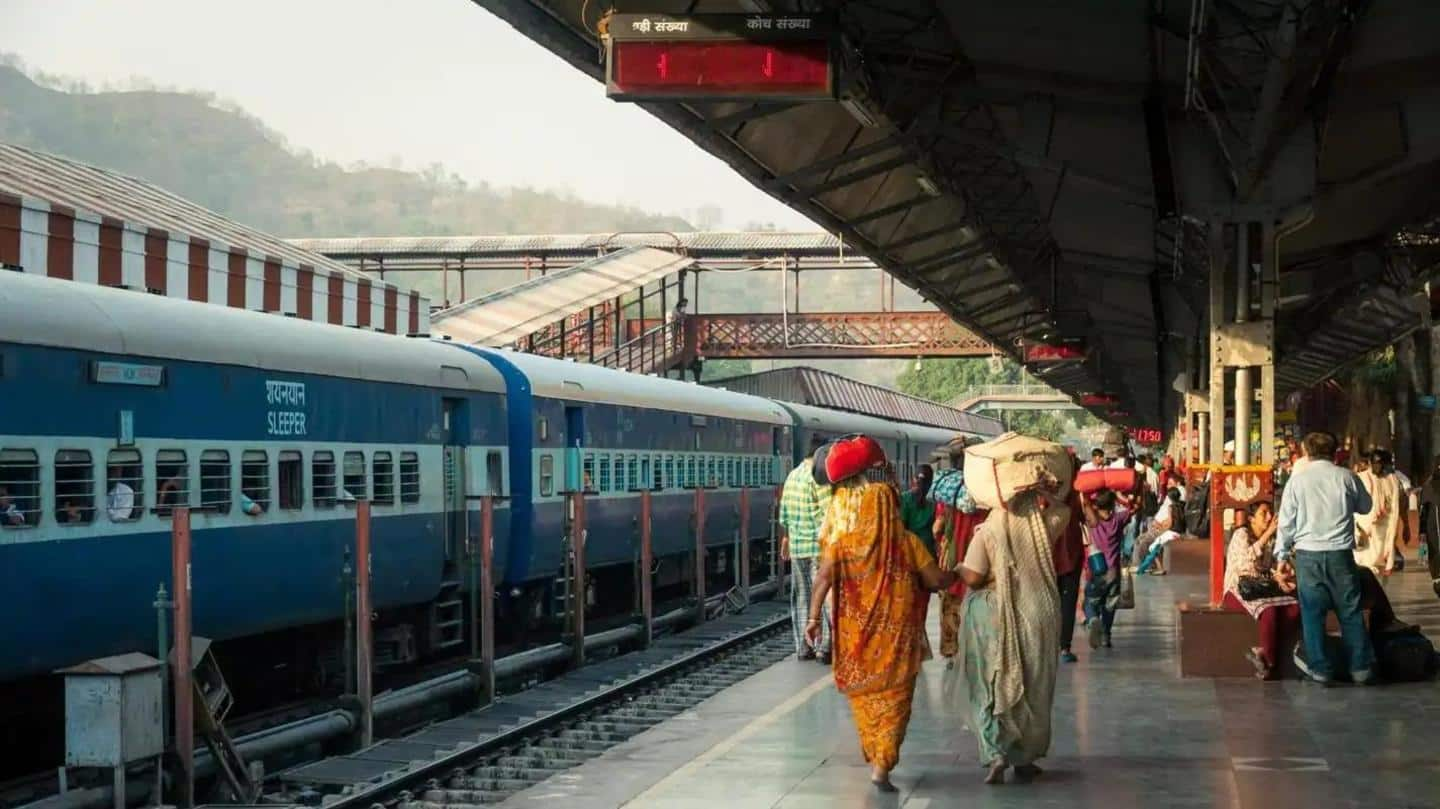
Power crisis: Passenger trains canceled to make way for coal
What's the story
Realizing the intensity of the looming power crisis due to the coal shortage in various thermal plants, Indian Railways has reportedly canceled some passenger trains for quicker transportation of coal. Railways has reportedly notified it fully canceled 164 trains while partially canceling 33 trains on Friday. The measure is only temporary and passenger train services will be restored as the situation normalizes, it said.
Context
Why does this story matter?
In the past, India has experienced roadblocks in moving toward clean energy as coal generates roughly 70% of its electricity. Several states are experiencing power blackouts owing to coal shortages. Industries are being forced to function below capacity due to power deficits, affecting the economy's post-pandemic recovery. This might also trigger inflation amid struggles to combat high energy prices caused by the Russia-Ukraine conflict.
Reason
What is the rationale behind the move?
Indian Railways is frequently blamed for disruptions in coal supplies, as the lack of train carriages makes long-distance transportation of the fossil fuel difficult. Shipments are sometimes delayed due to congested routes where passenger and freight trains compete for passage. Nonetheless, Railways still remains a popular method of transporting coal, particularly for units located far from mines, since pre-Independence days.
Plans
Indian Railways planning to add 1,00,000 more carriages
In order to meet the rising demand for coal amid the crisis, Indian Railways is also planning to add 1,00,000 more carriages to its fleet. It is also building dedicated freight corridors to expedite the delivery of goods. Meanwhile, Railways' Executive Director (Information & Publicity), Gaurav Krishna Bansal, has reportedly ensured that all the passenger services are restored soon.
Fact
Coal reserves dropped 17% since beginning of April
Coal reserves in power plants across India have dropped nearly 17% since the beginning of April, and they are left with only a third of the total quantity required to function. The supply crisis emerged merely months after a severe power crisis around October, when coal stockpiles fell to an average of four days, causing similar power blackouts in several states of the country.
Do you know?
Electricity demands surged amid heatwave warnings
Electricity demand has increased as temperatures in many parts of India have risen, prompting the India Meteorological Department to issue heatwave alerts. In March, the country's average temperature hit nearly 33 °C, the highest monthly temperature ever recorded since authorities started collecting data in 1901.